Life
Sign up for our newsletter
We summarize the week's scientific breakthroughs every Thursday.
-
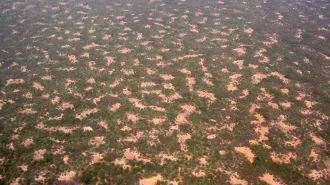 Math
MathChia seedlings verify Alan Turing’s ideas about patterns in nature
New experiments confirm that complex patterns in plants emerge from a model proposed by mathematician Alan Turing.
-
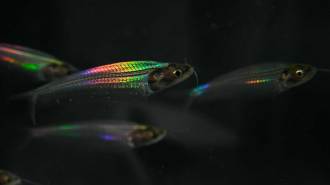 Animals
AnimalsThese transparent fish turn rainbow with white light. Now, we know why
Repeated structures in the ghost catfish’s muscles separate white light that passes through their bodies into different wavelengths.
-
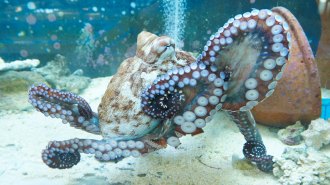 Animals
AnimalsScientists have now recorded brain waves from freely moving octopuses
The data reveal some unexpected patterns, though it’s too early to know how octopus brains control the animals’ behavior, a new study finds.
-
 Genetics
GeneticsDNA from Beethoven’s hair hints at what killed the composer
Many historians suspect Beethoven died from liver failure. A new analysis shows he had a heightened genetic risk for liver disease, researchers say.
By Freda Kreier -
 Health & Medicine
Health & MedicineU.S. cases of a deadly fungus nearly doubled in recent years
Though numbers are still small, clinical cases of Candida auris in the jumped 95 percent from 2020 to 2021, a CDC survey finds.
-
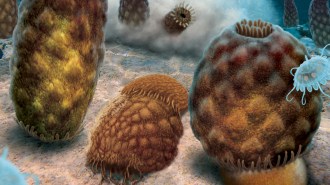 Paleontology
Paleontology310-million-year-old fossil blobs might not be jellyfish after all
An ancient animal called Essexella may have been a type of burrowing sea anemone, a new study proposes.
By Meghan Rosen -
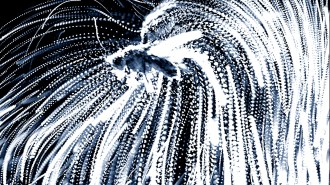 Physics
PhysicsStatic electricity helps parasitic nematodes glom onto victims
The small electric charge generated by a moving insect is enough to affect the trajectory of a parasitic nematode’s leap so it lands right on its host.
-
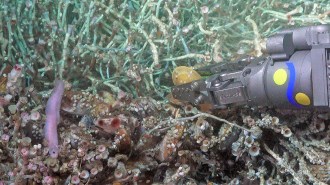 Animals
AnimalsA ‘fire wolf’ fish could expand what we know about one unusual deep-sea ecosystem
Unlike other known methane seeps, Jacó Scar is slightly warmer than the surrounding water and is a home for both cold-loving and heat-loving organisms.
-
 Genetics
GeneticsWhy experts recommend ditching racial labels in genetic studies
Racial labels don’t explain biological and genetic diversity but do cause stigma. They belong “in the dustbin of history,” a panel of experts says.
-
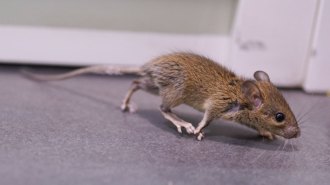 Neuroscience
NeuroscienceIn mice, anxiety isn’t all in the head. It can start in the heart
Scientists used optogenetics to raise the heartbeat of a mouse, making it anxious. The finding could offer a new angle for studying anxiety disorders.
-
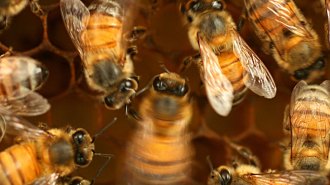 Life
LifeHoneybees waggle to communicate. But to do it well, they need dance lessons
Young honeybees can’t perfect waggling on their own after all. Without older sisters to practice with, youngsters fail to nail distances.
By Susan Milius -
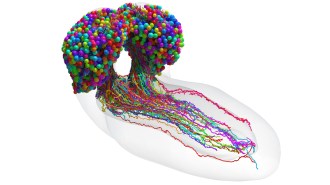 Neuroscience
NeuroscienceScientists have mapped an insect brain in greater detail than ever before
Researchers have built a nerve cell “connectivity map” of a larval fruit fly brain. It’s the most complex whole brain wiring diagram yet made.